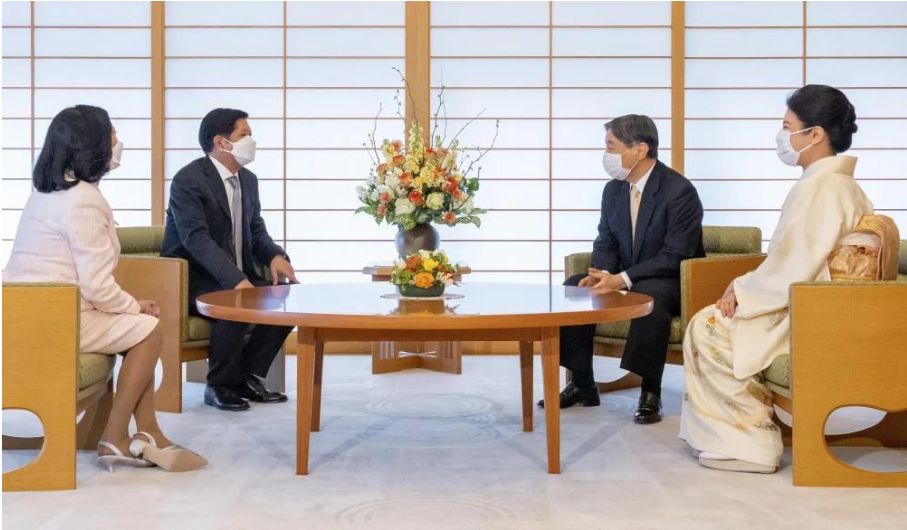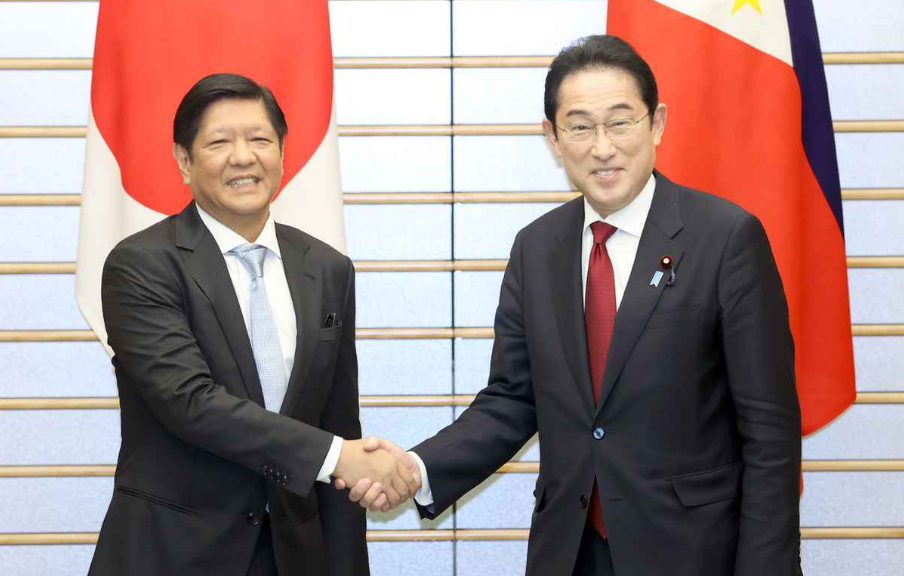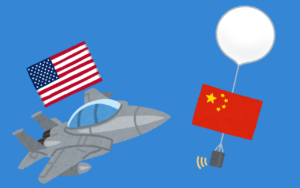
President Marcos, who took office last June, has been on an official visit to Japan since February 7.
Yesterday, he held a meeting with the Emperor of Japan and a meeting with Prime Minister Kishida at the Imperial Palace.


Since President Marcos took office, his bilateral stairsteps have been to the United States in September, to China in January, and now to Japan.
It is generally said that which country a head of state visits after assuming office reveals the ranking of countries that he or she attaches importance to. For the Philippines, Japan is the third most important country. However, since he will visit the EU in December, it may be the fourth most important country for him.
The main topic of the China-EU visit appears to have been economic relations, with China, which has a dispute over the Nansha Islands, reportedly agreeing to curb the problem and handle it appropriately. They also reportedly agreed on a 3 trillion yen investment from China to the Philippines.
However, since China is a country that does not make good on its promises, we will not know how much investment will actually take place until the deal is completed.
In this respect, Japan always keeps its promises. This time, the government and private sector have decided to provide a total of 600 billion yen in investment and economic assistance. The Philippines has a high ratio of tertiary industries (services, sales, tourism, etc.) at 60%, and the manufacturing industry accounts for only less than 20%. In order for the Philippines to grow into an upper middle-income country, it is important to focus on the manufacturing industry and increase exports.
President Marcos' visit was attended by a number of business leaders, who called for the promotion of investment and trade in the Philippines by the Japanese manufacturing industry, to which the Japanese side seemed to respond.
Along with the economy, President Marcos' visit has resulted in an agreement to strengthen cooperation between the Philippines and Japan in the area of security. Since both the Philippines and Japan share the values of a "free and open Indo-Pacific" based on the rule of law, such stronger cooperation will bring stability and security not only to the two countries but also to neighboring countries.
The development and prosperity of the Philippines is also important to our partner Japan.
When "Bongbong" Marcos was elected, I had some misgivings, but his work since his inauguration has shown me that he is working hard to protect the interests of the Philippines and the Filipino people and to improve their lives.
I hope that he will continue to be a president of great promise.









